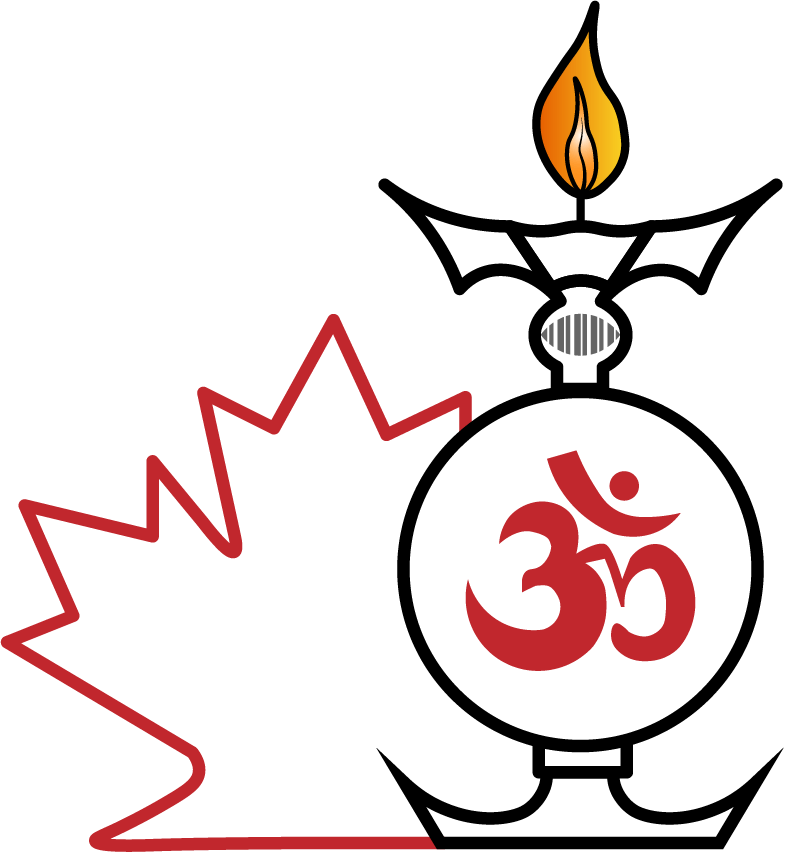
- This event has passed.
Pitru Paksha Begins
September 18, 2024

Pitru Paksha, the fortnight during which homage is paid to the ancestors, starts from Wednesday, September 18 and ends on Mahalaya Amavasya, also called Sarva Pitru Amavasya, that extends over two days – Tuesday, October 1 and Wednesday, October 2 (as per local Panchang). Mahalaya Amavasya is considered the most significant day of Pitru Paksha.
We expect the temple to be busy during these two weeks. If you would like to offer Shradha / Pitru Tarpan to your ancestors, you can perform the ritual with the guidance of the priests at the Temple. We suggest that you please call ahead at 613-822-1531 and make a booking.
At the temple, Mahalaya -Sarva Pitru Amavasya will be conducted on Wednesday, October 2, and the Temple will be open all day from 8:30 am to 8:30 pm.
———————————–
Pitru Paksha (Sanskrit: पितृ पक्ष, lit. '”fortnight of the paternal ancestors”‘, IAST: Pitṛ pakṣa), also spelt Pitri Paksha, is a 16-lunar day period in the Hindu calendar when Hindus pay homage to their ancestors (Pitrs), especially through food offerings. The period is also known as Pitri Paksha/Pitr-Paksha, Pitri Pokkho, Sorah Shraddha (“sixteen shraddhas”), Kanagat, Jitiya, Mahalaya, Apara Paksha and akhadpak.[2][3][4]
Pitru Paksha is considered by Hindus to be inauspicious, given the death rite performed during the ceremony, known as Shraddha or Tarpana. In southern and western India, it falls in the second paksha (fortnight) Hindu lunar month of Bhadrapada (September) and follows the fortnight immediately after Ganesh Utsav. It begins on the Pratipada (first day of the fortnight) ending with the no moon day known as Sarvapitri Amavasya, Pitri Amavasya, Peddala Amavasya or Mahalaya Amavasya (simply Mahalaya) Most years, the autumnal equinox falls within this period, i.e. the Sun transitions from the northern to the southern hemisphere during this period. In North India and Nepal, and cultures following the purnimanta calendar or the solar calendar, this period may correspond to the waning fortnight of the luni-solar month Ashvina, instead of Bhadrapada.



